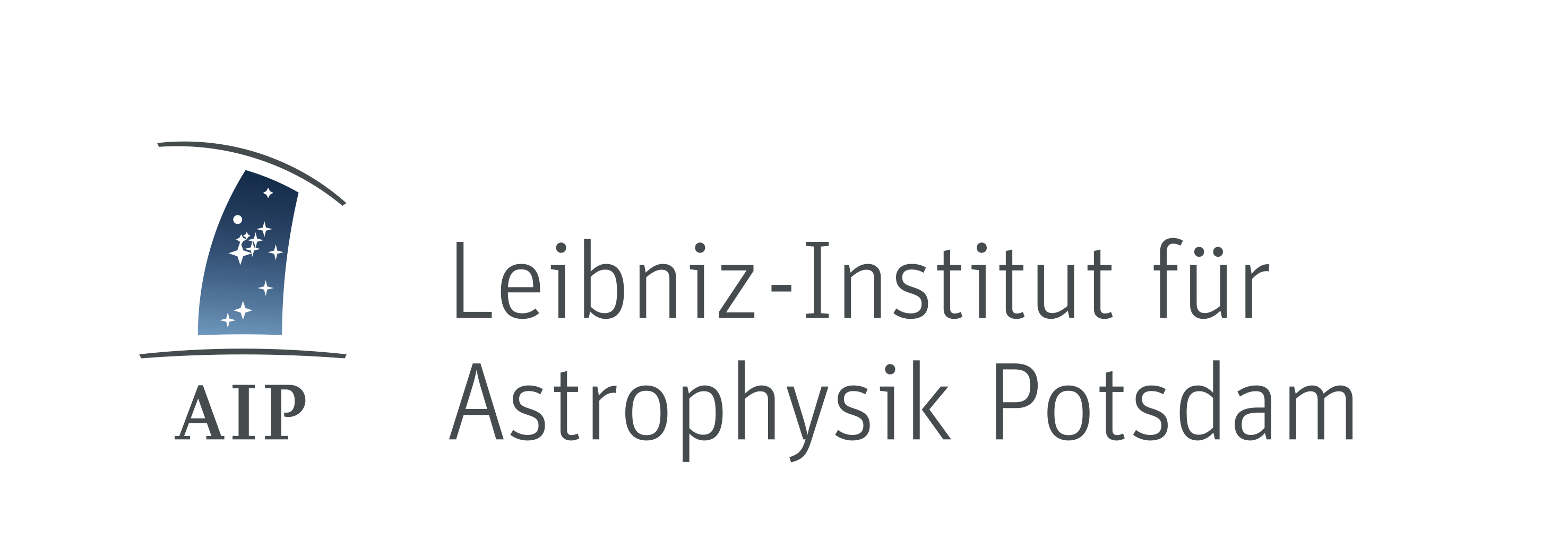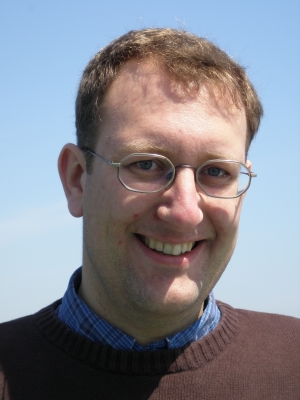
 Christoph Pfrommer
Christoph Pfrommer
- Reviewing basic concepts of numerical simulations (preparatory course)
- Integer arithmetic
- Floating point arithmetic
- Integer arithmetic
- Integration of ordinary differential equations
- The Euler method: explicit and implicit
- Runge-Kutta methods and adaptive step sizes
- The leapfrog and symplectic integrators
- The Euler method: explicit and implicit
- Basic gas dynamics
- Basic conservation laws
- Euler and Navier-Stokes equations
- Shocks, fluid instabilities and turbulence
- Basic conservation laws
- Eulerian hydrodynamics
- Types and solution schemes of partial differential equations
- Advection and the Riemann problem
- Finite volume discretization
- Godunov method and Riemann solvers
- Extensions to multiple dimensions and high-order accuracy
- Types and solution schemes of partial differential equations
- Smoothed particle hydrodynamics (SPH)
- Kernel interpolants
- Variational derivation of SPH
- Artificial viscosity
- Advantages and disadvantages of SPH
- Kernel interpolants
- Diffusion equation
- Explicit method
- Implicit methods
- Explicit method
- Fourier transform techniques
- Convolution problems
- The discrete Fourier transform
- Non-periodic problems with 'zero padding'
- Convolution problems
- Collisionless particle systems
- N-particle ensembles
- Uncorrelated (collisionless) systems
- N-body models of collisionless systems
- N-particle ensembles
- Tree algorithms
- Multipole expansion
- Hierarchical grouping
- Tree walk
- Multipole expansion
- The particle-mesh technique
- Mass/charge assignment
- Solving for the potential and force calculation
- Interpolating from the mesh to the particles
- Mass/charge assignment
- Paralellization techniques
- Hardware overview
- Shared memory parallelization with OpenMP
- Distributed memory parallelization with MPI
- Hardware overview
Advanced Computational Astrophysics: Concepts and Applications
Nearly all theoretical astrophysics research as well as a substantial part of observational astronomy requires an expert knowledge of computational techniques. The topics range from ordinary and partial differential equations which find applications in the laws of gravitation, hydrodynamics or diffusion, to Fourier techniques, to collisionless systems. The objectives of this course are to endow students with the capacity to identify and classify common numerical problems in modern astrophysics. The course aims at an active understanding of numerical methods and algorithms, their ranges of applicability and teaches the underlying physical concepts. Solving basic astrophysical problems with adequate numerical techniques and determining the range of validity is an essential part of the course.
Lecturers:
Prof. Christoph Pfrommer & Dr. Oliver GresselPlace and Dates:
The lectures take place every Thursday, at 10:15-11:45 in room 2.28.0.102 (starting on Oct 17, 2024). The exercise classes take place every second Wednesday at 08:15-09:45 in room 2.28.0.087 (starting on Oct 23, 2024).Note that this course is complemeted by a Seminar on Computational Astrophysics that takes place on Tuesday afternoon, at 14:15 bis 15:45. The first meeting will be on Oct 15, 2024.
The lectures are based on the revised lecture notes originally written by Prof. Springel (Max-Planck Institute for Astrophysics) and are available as a
Contents:
Homework Assignments
All homework assignments and sample code are distribued via the moodle page of this course.Python Preparatory Course:
If you would like to refresh your python knowledge, there are many good tools on the web. We recommand the following Online Python Course (password protected). There will be a preparatory course "Programming tutorial in Python and C" taught this year, from October 7-11, 2024 in room 2.28.0.087 in Golm, 10:15-13:45 every day. Participants can subscribe in PULS or alternatively (if they want to attend) send an email to sparre@uni-potsdam.de.Credit Points:
Credit points for this lectures can be used for the Master Science Astrophysics Modules PHY-735.Grades and credit points are given on the basis of your homework assignments (you need to obtain at least 50% of the points) and an small oral discussion on the lecture concepts.